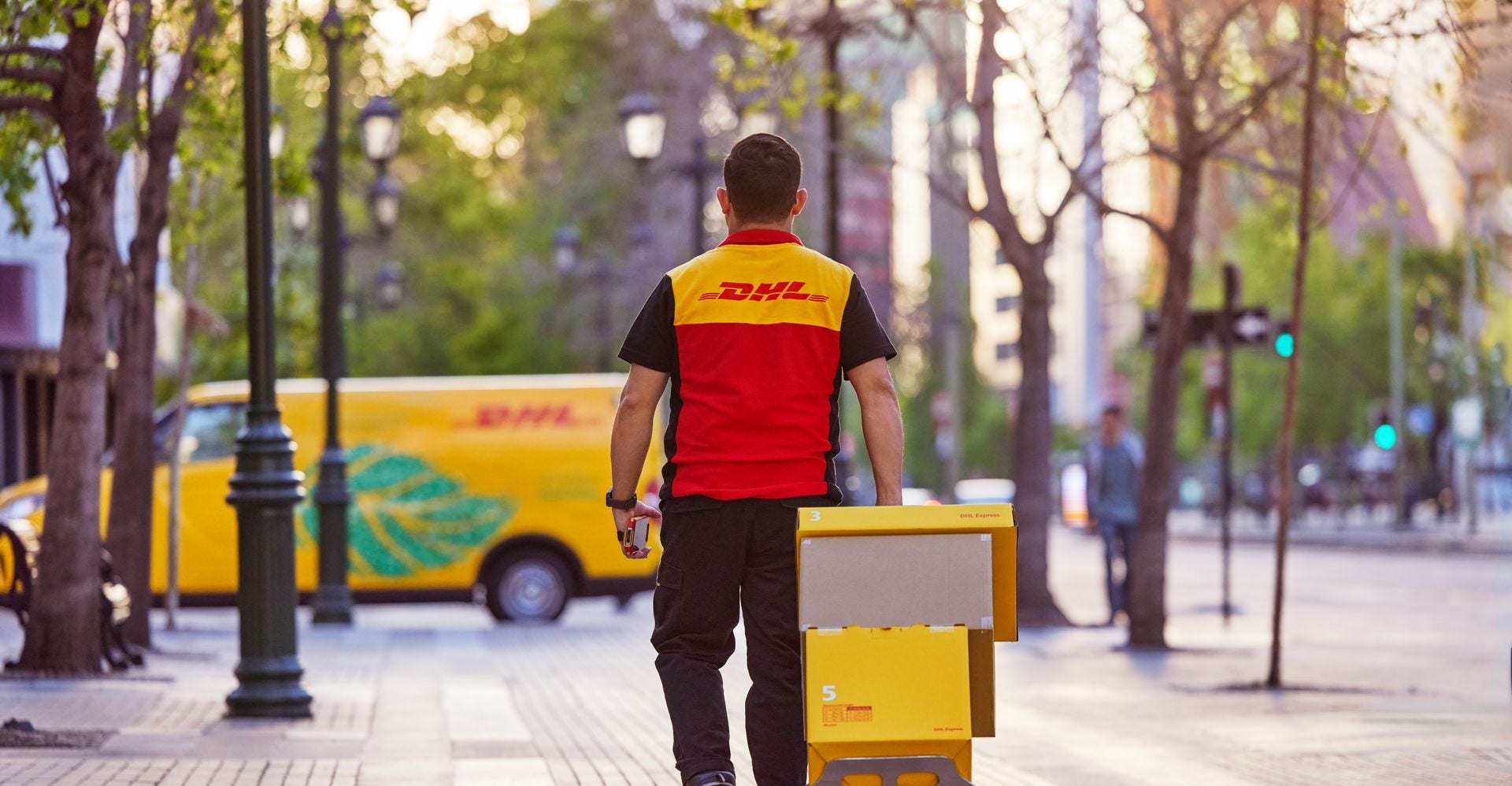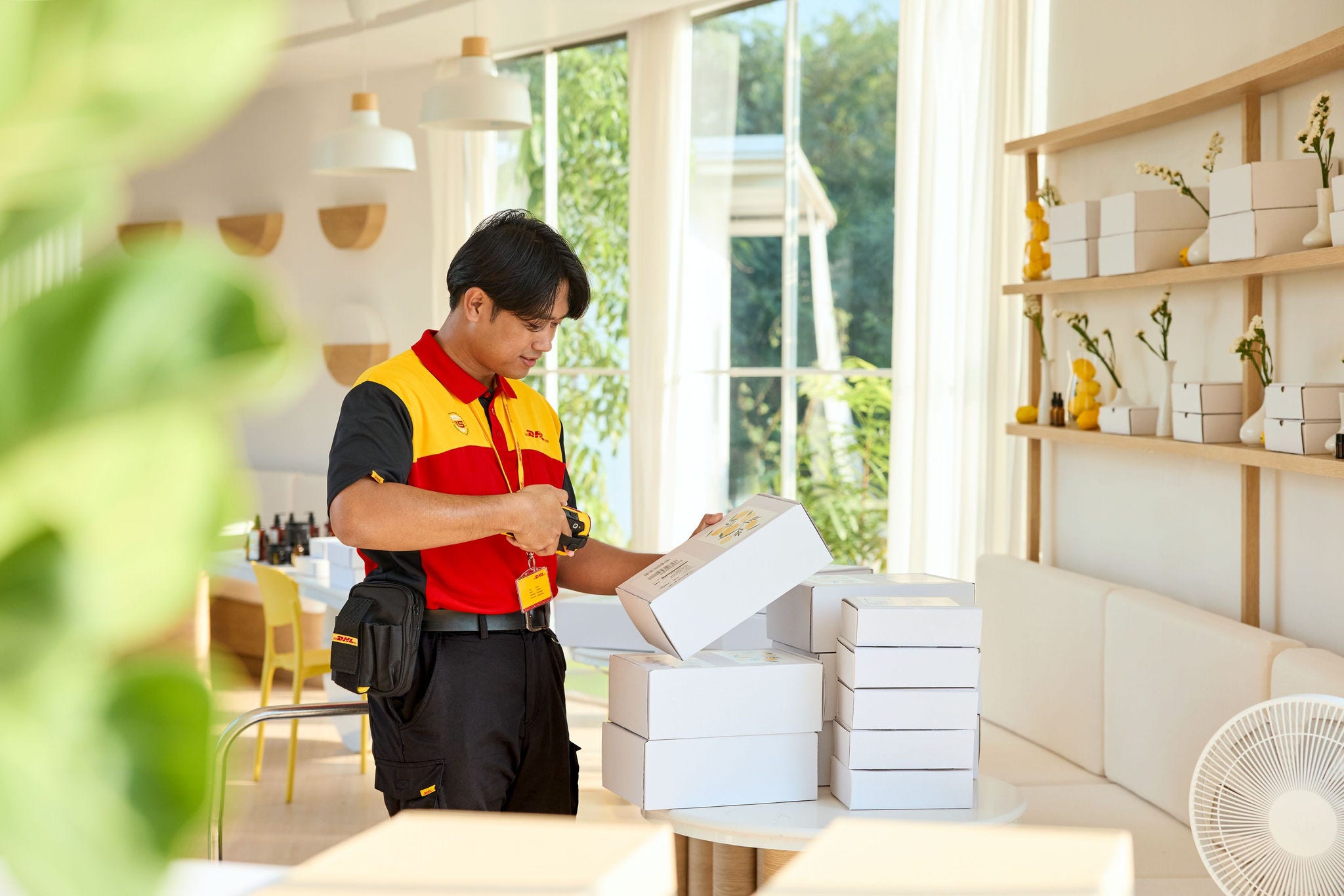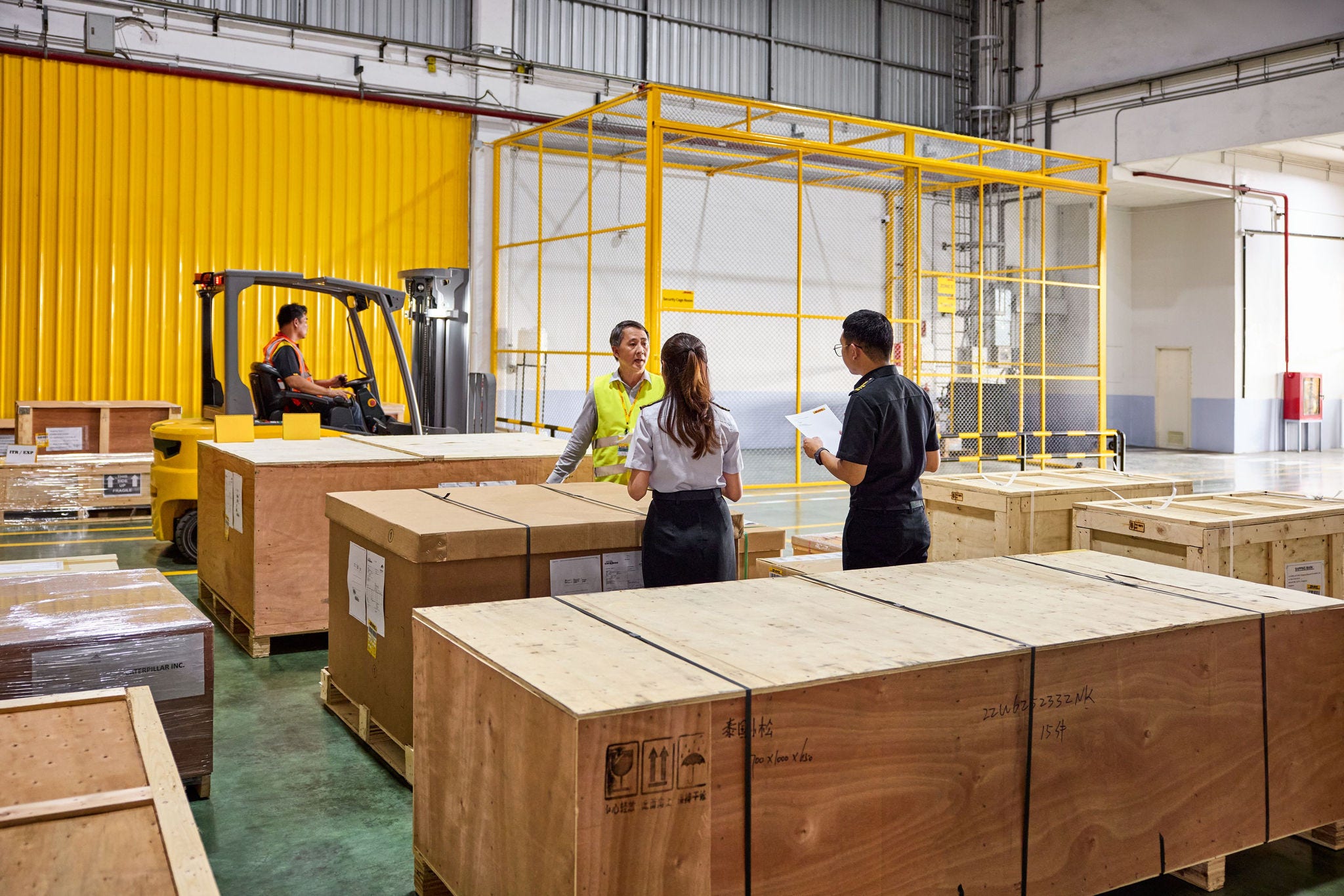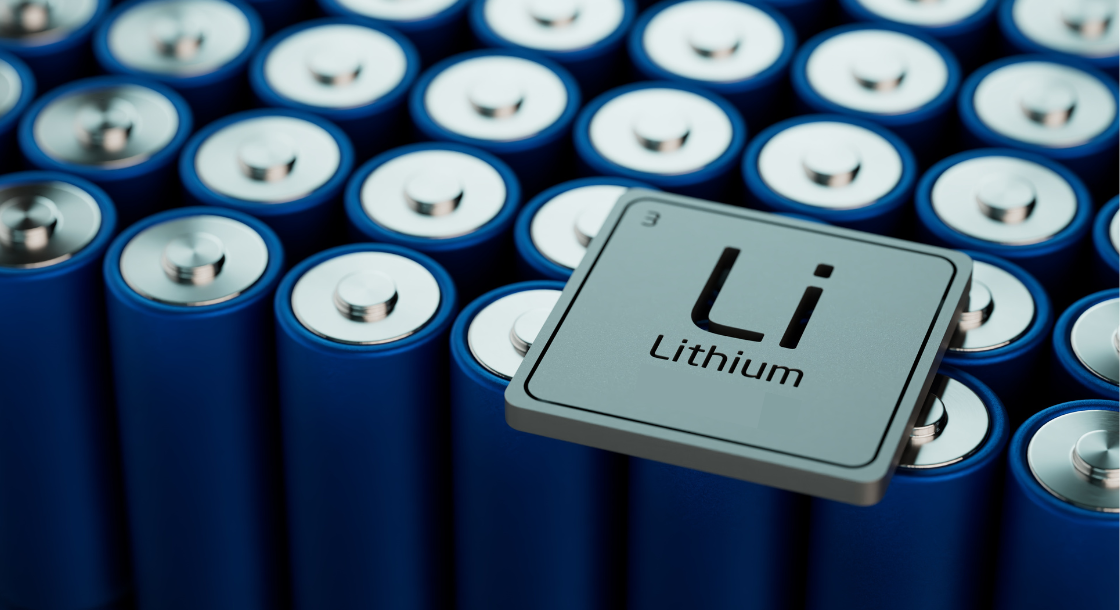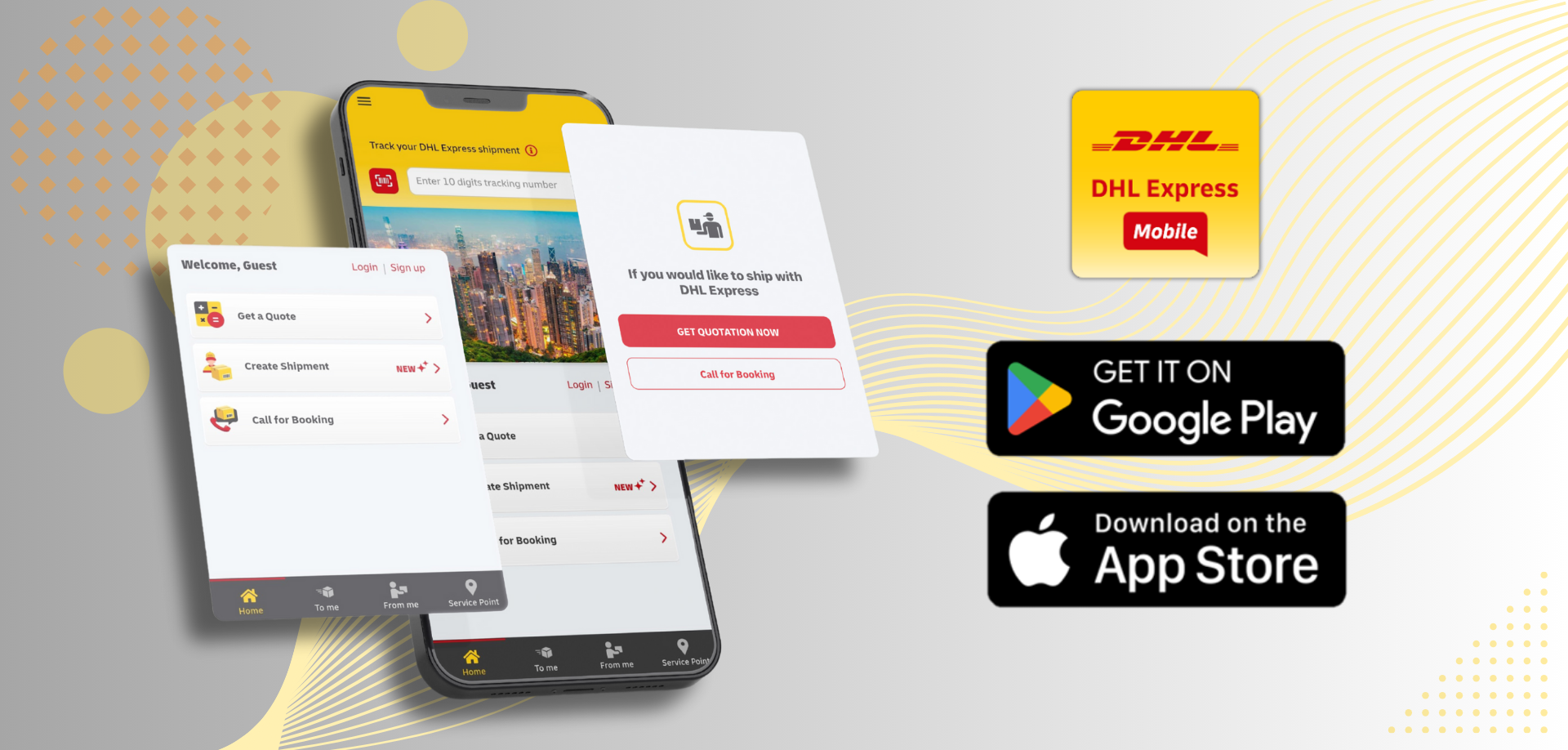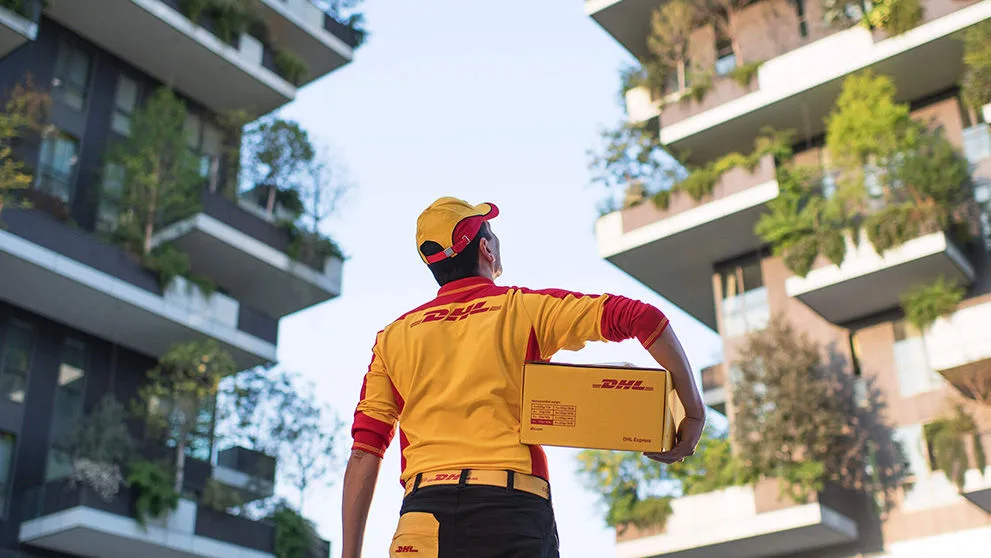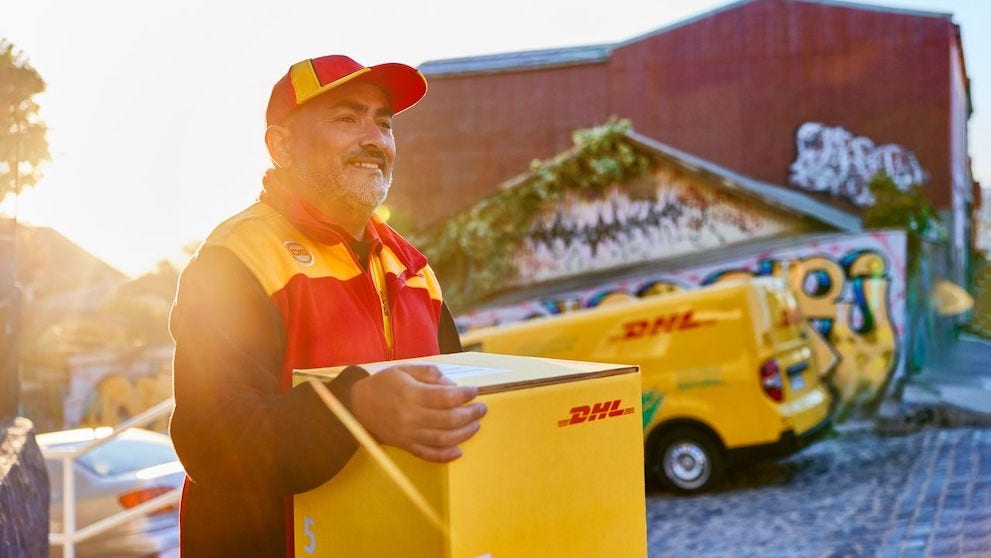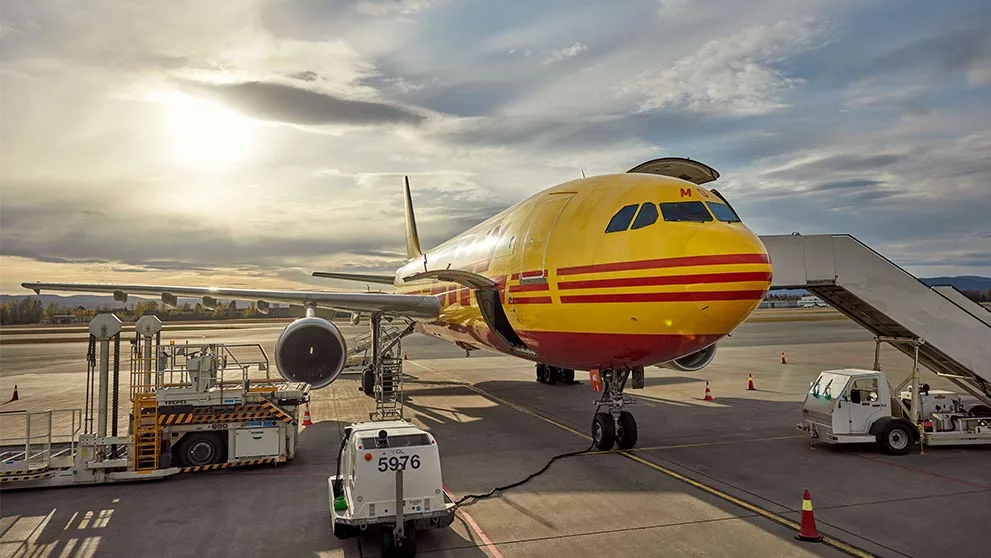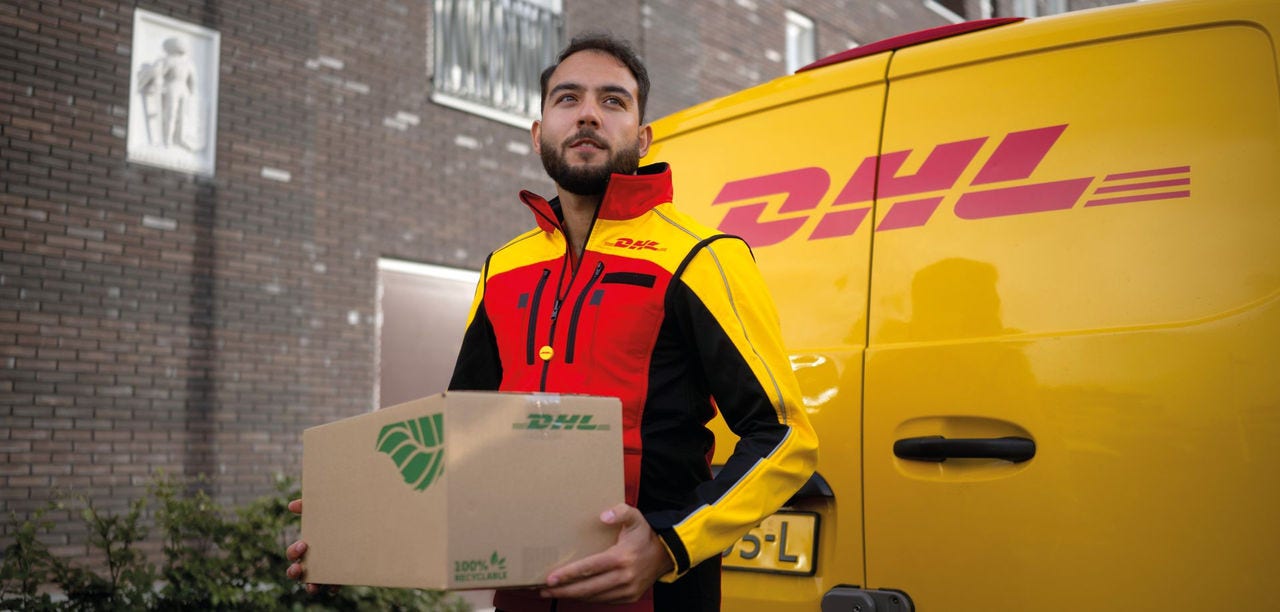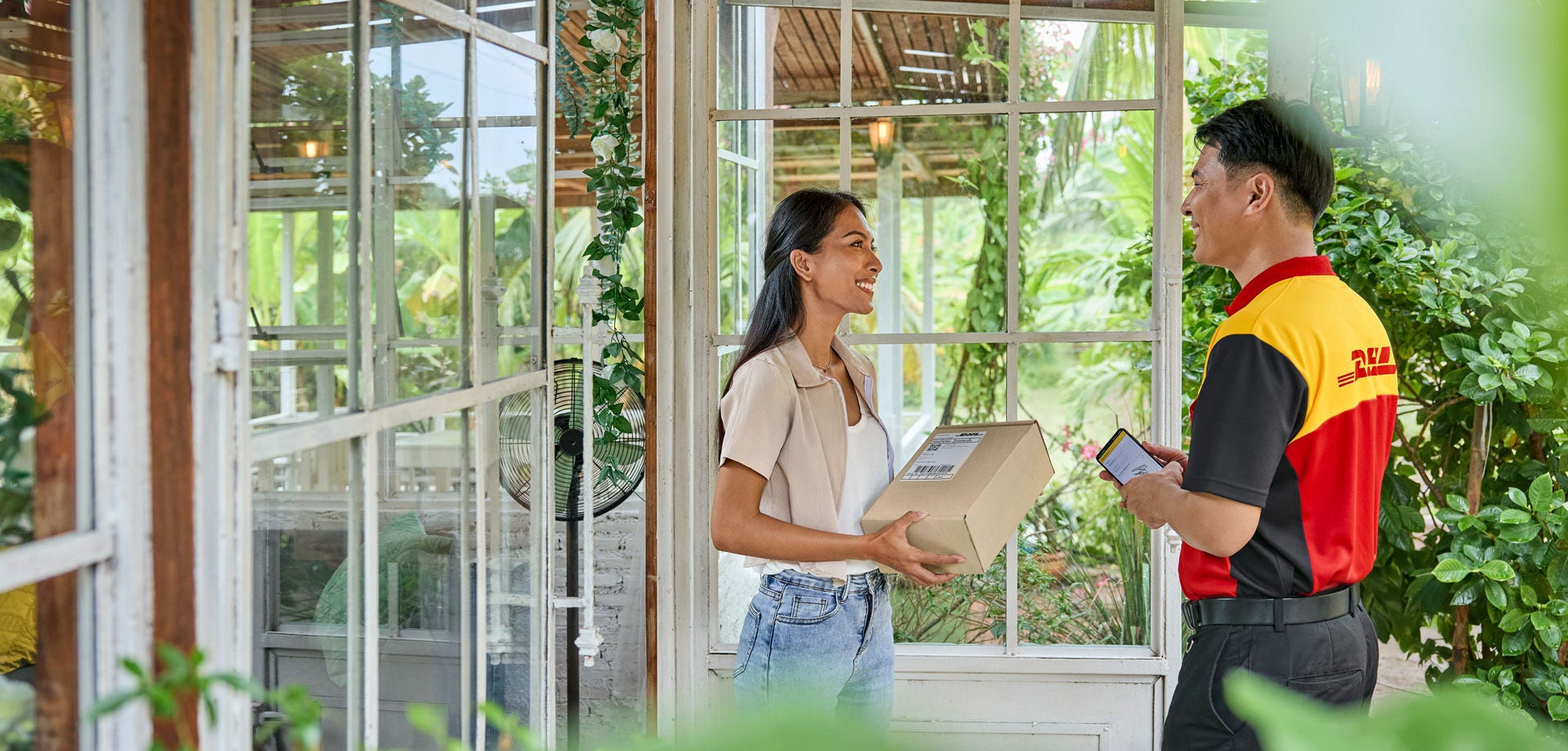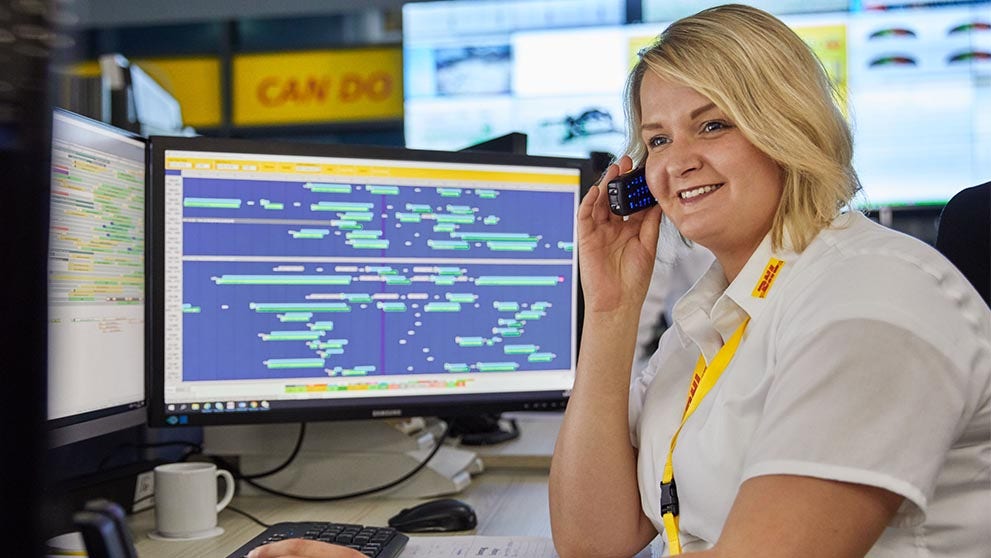The near-silent hum of an electric vehicle (EV) gliding through city streets is becoming an increasingly familiar sound amidst global momentum towards EV adoption and the integration of new energy sources like wind and solar power.
This shift comes amidst growing concerns about climate change and the urgent need for cleaner transportation solutions. Closer to home, Hong Kong is also witnessing this trend, with unit sales of EVs projected to reach 52,930 by 2029, with a 6.87% annual growth rate (CAGR 2025-2029) in market revenue, according to Statista1.
Government policies, technological advancements, and increasing consumer demand contribute to this surge in EV adoption. For instance, Hong Kong announced the extension of its first registration tax (FRT) concessions for EVs by two years in February 2024, marking its efforts to further incentivize the switch to electric mobility2.
The logistics industry has also felt the change, where sustainability is becoming a key priority. This blog will explore how sustainable energy sources and technologies, such as EVs and sustainable aviation fuel (SAF), are transforming international logistics. If you’re looking for ways to reduce your business’s carbon footprint and contribute to a greener future, read on to discover the solutions DHL Express has for you.
The role of logistics in a sustainable energy future
According to Statista, transportation accounted for approximately 16% of global greenhouse gas emissions in 2023, demonstrating the sector’s significant impact on the global sustainability landscape3.
Given the logistics industry's reliance on transportation, its support for EVs and new energy sources is instrumental in driving the transition towards a more sustainable future. From transporting raw materials to delivering finished products, sustainable logistics solutions can significantly mitigate the environmental impact of global supply chains.
Furthermore, as awareness of environmental issues grows, the demand for more sustainable logistics solutions among businesses and consumers has risen, bringing about new challenges and opportunities.
Challenges of sustainable logistics
Implementing environmentally friendly practices across the supply chain requires overcoming various hurdles and finding innovative solutions.
- Infrastructure development: Sustainable logistics often relies on new infrastructure, such as charging stations for EVs or biofuel production facilities for sustainable aviation fuel. Developing this infrastructure requires significant investment and coordination to ensure its accessibility and effectiveness.
- Technology costs: Adopting new technologies, such as EVs, alternative fuels, or advanced tracking systems, can involve higher upfront costs than traditional solutions.
- Supply chain complexity: From optimizing transportation routes to ensuring transparency and traceability, implementing sustainable practices across the supply chain can be complex, requiring collaboration and coordination among various stakeholders.
Opportunities presented by sustainable logistics
Alongside the challenges, sustainable logistics brings a range of opportunities for businesses, the environment, and society.
- Reduced carbon footprint: Sustainable logistics practices, such as adopting EVs and sustainable aviation fuel, significantly reduce carbon emissions, contributing to a cleaner environment.
- Efficiency gains: Optimizing logistics operations through route planning, load consolidation, and the use of technology can lead to significant efficiency gains that lower overall operational costs.
- Enhanced brand image: Adopting sustainable logistics practices demonstrates a commitment to environmental responsibility, improving brand image and attracting environmentally conscious customers. This can lead to increased customer loyalty and a stronger competitive position in the market.
Sustainable logistics solutions
Sustainable Aviation Fuel: Powering greener skies
Sustainable aviation fuel (SAF) is a new alternative liquid biofuel that can be used instead of traditional jet fuel to power aircraft, making strides in decarbonising the aviation industry.
Unlike conventional jet fuel derived from fossil fuels, SAF is produced from renewable sources such as used cooking oil, agricultural waste, and animal fats. It offers significant environmental benefits:
- Lifecycle emissions: SAF can reduce lifecycle greenhouse gas emissions by up to 80% compared to traditional jet fuel, significantly reducing the aviation industry's carbon footprint.
- Source materials: As traditional jet fuel is derived from finite fossil resources, it exacerbates environmental degradation. Meanwhile, as SAF is made from renewable resources, it reduces the reliance on fossil fuels and promotes a circular economy.
- Air quality: SAF produces fewer particulate matter emissions, resulting in cleaner air and improved air quality, particularly around airports and flight paths. This is unlike traditional jet fuel, which often causes air pollution and respiratory health issues.
- Energy security: SAF production diversifies energy sources and reduces reliance on imported fossil fuels, enhancing energy security and promoting domestic economic growth.
Electric logistics vehicles: Sustainability on the road
Electric vehicles (EVs) in logistics offer a cleaner and more sustainable alternative to traditional transportation methods as they are powered by electricity, which can be generated from renewable sources like solar and wind power. In contrast, conventional gas and diesel-powered delivery vehicles contribute significantly to air pollution and greenhouse gas emissions.
EVs do not release harmful pollutants like carbon dioxide, nitrogen oxides, and particulate matter into the atmosphere, resulting in zero tailpipe emissions. In turn, they’re an option that offers improved air quality and reduces the health risks associated with air pollution, such as for express delivery within highly urbanized areas.
The transition to EVs benefits the environment and offers operational advantages, such as reduced noise pollution and lower maintenance costs. As such, leading logistics providers like DHL Express have taken steps to electrify their delivery fleets and commit to sustainable logistics practices.
DHL Express GoGreen Plus: Reducing carbon footprint in international logistics

